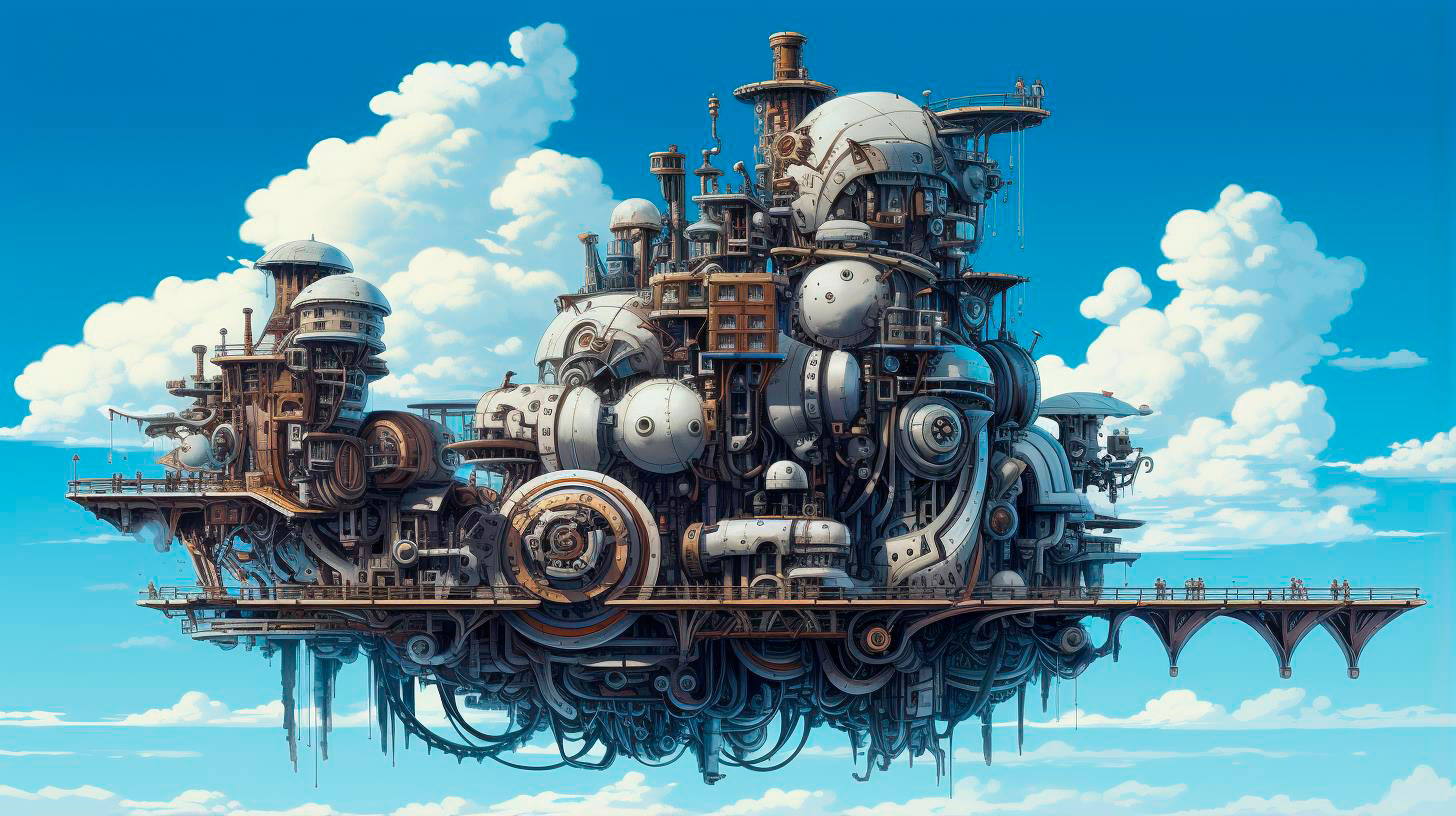One area that can play a significant role in achieving this goal is nuclear energy.
The Circular Economy: A Sustainable Paradigm
The concept of the circular economy is one where resources are used efficiently, waste is minimized, and products and materials are recycled and repurposed. It is a departure from the traditional linear economy, which follows a “take-make-waste” approach. In a circular economy, the goal is to close the loop and create a regenerative system that benefits the environment, society, and the economy.
Advantages of the Circular Economy:
- Reduces waste and pollution
- Conserves resources and reduces reliance on virgin materials
- Creates new business opportunities and jobs
- Minimizes environmental impact and carbon emissions
Adopting a circular economy model requires us to rethink our energy sources and find ways to decouple economic growth from resource consumption. This is where nuclear energy can contribute significantly.
Nuclear Energy: A Sustainable Power Source
Nuclear energy is a low-carbon power source that can provide a stable and reliable electricity supply. It has the potential to play a vital role in reducing greenhouse gas emissions and transitioning to a circular economy. Here are some key reasons why nuclear energy is a sustainable option:
Low Emissions:
Nuclear power plants produce electricity without combustion, reducing emissions of greenhouse gases such as carbon dioxide. According to the World Nuclear Association, nuclear power has the lowest environmental impact of any energy source, including renewables.
Efficient Resource Utilization:
Nuclear energy is extremely efficient in its resource utilization. A small amount of uranium can produce a vast amount of energy compared to other conventional fuels. Using nuclear energy decreases our reliance on fossil fuels and ensures a more sustainable use of resources.
Continuous Power Supply:
Nuclear power plants provide a consistent and reliable source of electricity. Unlike renewable energy sources such as solar or wind, nuclear power is not dependent on weather conditions, ensuring a stable power supply even during peak demand periods.
Low Lifecycle Carbon Emissions:
While the construction and decommissioning phases of nuclear power plants produce carbon emissions, the overall lifecycle emissions of nuclear energy are significantly lower compared to fossil fuel-based power generation. This makes it a cleaner energy option in the long run.
By incorporating nuclear energy into the circular economy framework, we can achieve a more sustainable and resilient energy system. Nuclear power can provide a baseload power source while other renewable energy sources can be utilized during peak demand periods.
A Holistic Approach for a Sustainable Future
In order to transition to a circular economy and reap the benefits of nuclear energy, it is crucial to consider the following key factors:
Safety and Regulation:
Ensure the highest safety standards and robust regulatory frameworks are in place for the operation and management of nuclear power plants. A culture of safety and continuous improvement is essential to build public confidence in nuclear energy.
Waste Management:
Implement effective waste management strategies to handle the radioactive byproducts of nuclear energy generation. This includes the safe storage, transportation, and disposal of nuclear waste. Ongoing research and innovation are vital to develop advanced waste management solutions.
Technological Advancements:
Support research and development to improve the efficiency and safety of nuclear energy generation. Invest in advanced reactor designs, such as small modular reactors (SMRs) and Generation IV reactors, which offer enhanced safety features, reduced waste, and improved resource utilization.
By adopting a holistic approach that combines the principles of the circular economy with the advantages of nuclear energy, we can pave the way for a sustainable future. It is essential to recognize the potential of nuclear energy as a crucial component of our transition to a low-carbon and resource-efficient economy.
For more information on the circular economy and nuclear energy, visit the World Nuclear Association website. They provide valuable insights into the sustainable aspects of nuclear power and the role it can play in achieving a circular economy.
